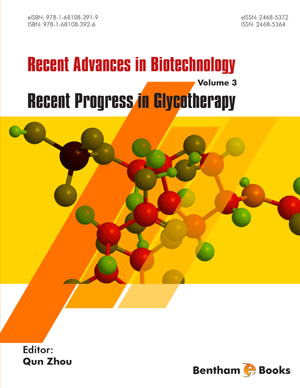Abstract
Leaves of Digitalis plants are still the major source for the isolation of cardenolides, especially digitoxin and digoxin that are used to treat cardiac insufficiency in humans. Cardenolides are characterized by a steroid nucleus with its four rings connected cis– trans–cis, having a 14β-hydroxy group and an unsaturated five-membered lactone ring at C-17β. Typically, sugar side chains of variable length are attached at position C-3 of the cardenolide genins. The use of tissue cultures for the production of cardenolides was examined quite extensively, using suspension cultures; morphogenic or embryogenic cell cultures as well as shoot or root cultures. It is important to found that cell cultures without clear tissue or organ differentiation (undifferentiated cultures) were found to be unable to produce considerable amounts of cardenolides, whereas cardenolide biosynthesis is restored as soon as morphogenesis is induced. In addition, most workers have reported that undifferentiated cultured cells either did not produce cardenolides or contained only trace amounts of it. However organredifferentiating cultures have reported to accumulate considerable amounts of cardenolides. The influence of light, phytohormones and nutrients on the production of cardenolides in Digitalis cultures was examined extensively in different studies. Expression of the cardenolide-biosynthesis system connected with differentiation of cells, different enzymes involved in biosynthesis, condition of plant tissue cultures and effect of several plant growth substances on cardenolide formation will be discussed together with the current expression systems used for the industrial production.
Keywords: Digitalis, cardiotonic glycosides, cardenolides, plant cell culture, biotransformation, digitoxin, digoxin, biosynthesis, molecular data, genomic cloning, bioseparation, CD polymer.


 Download PDF Flyer
Download PDF Flyer












